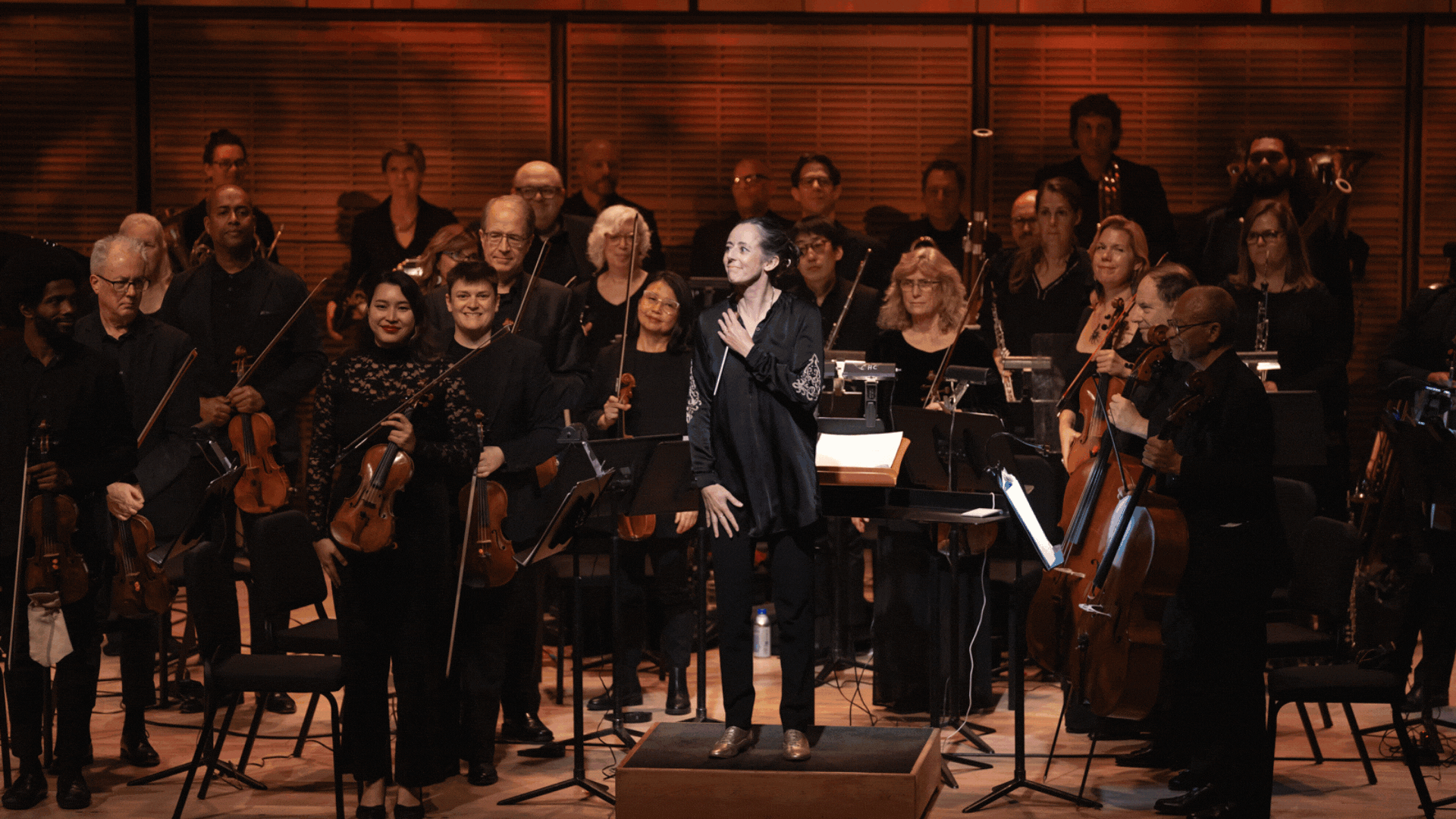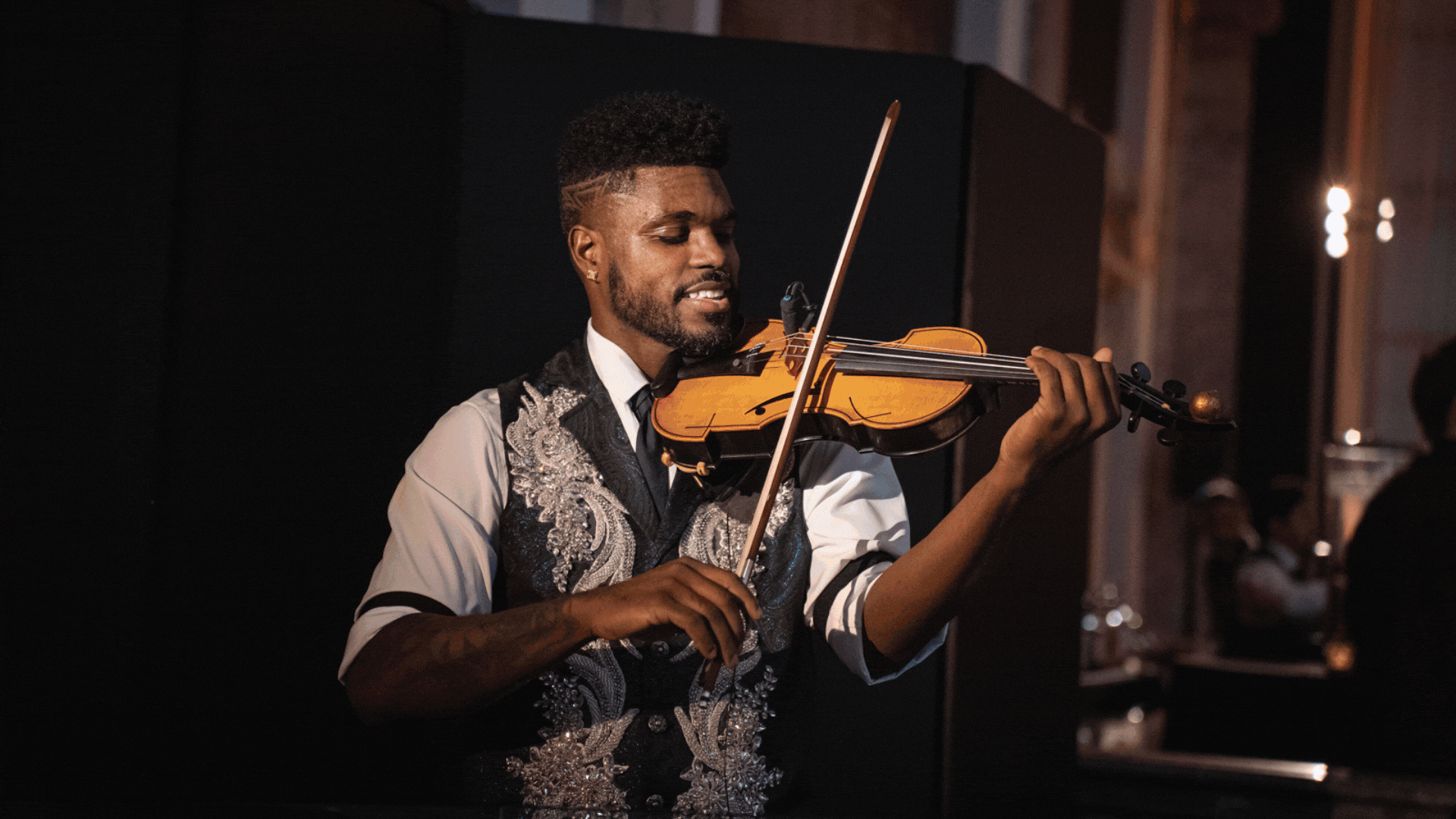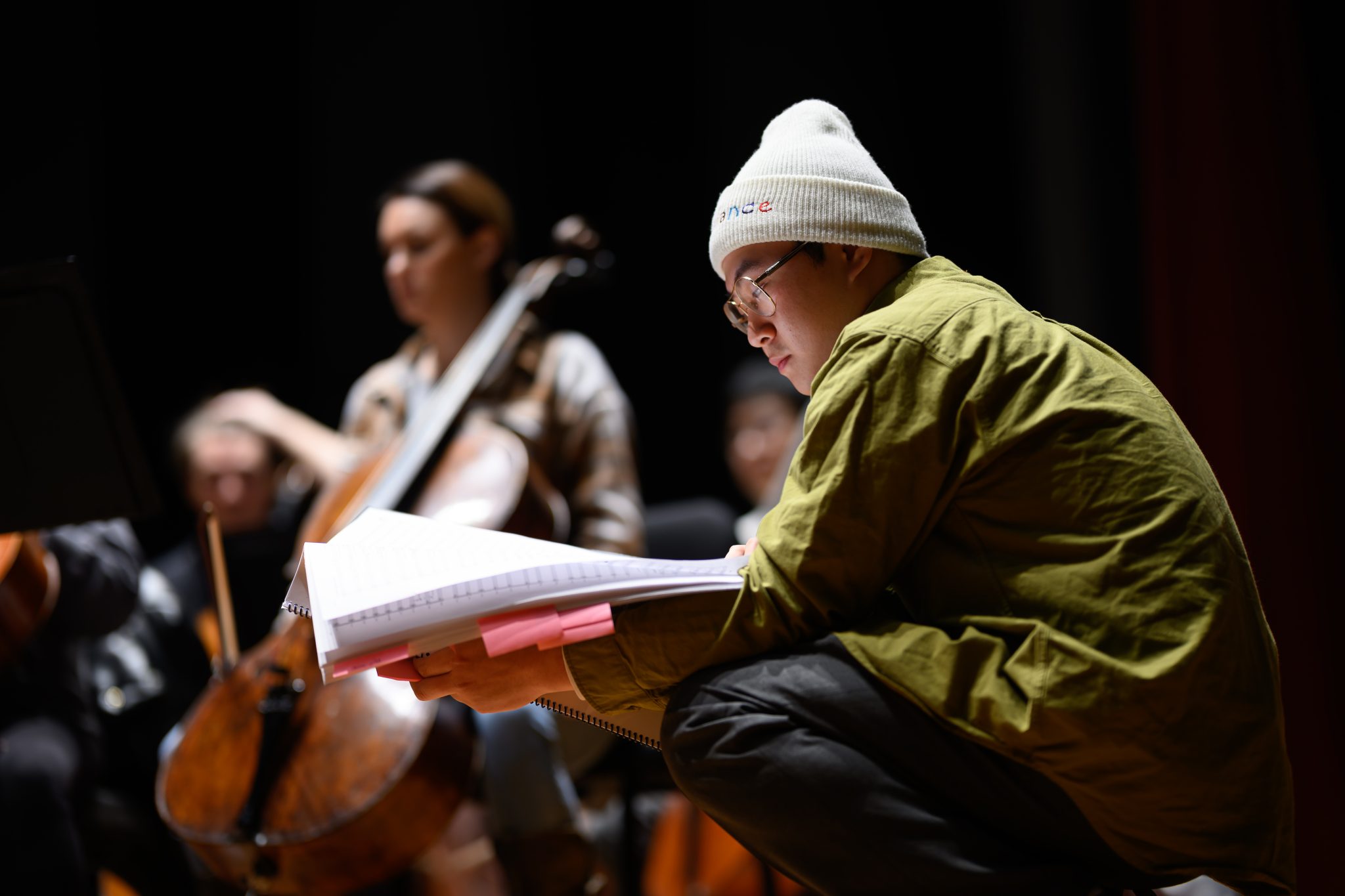23rd Annual Underwood New Music Readings: Composer Spotlight - Wang A-Mao
SoundAdvice sits down with Wang A-Mao, one of the composers selected to participate in ACO's 23rd Annual Underwood New Music Readings on June 6 and 7, part of this year's inaugural NY PHIL BIENNIAL celebration. Her piece, Character in Theatre, is intended to inspire the audience to create their own art.

American Composers Orchestra: What was the inspiration for your piece that will be read by ACO at the Underwood New Music Readings? How has that been incorporated into the work?
Wang A-Mao: The inspiration of Character in Theatre came from Beijing Opera. When I was in the middle school of the Central Conservatory of Music in Beijing, one of the main requirements was to sing some important Beijing Opera repertoire, because it is an important component of the Chinese culture. That is why this piece is also a deep homage to my roots.
I like composing music with dramatic images, and Beijing Opera is a great source of inspiration for music characters, rhythmic ideas, pitch materials, and so on. To convey this dramatic music style, I believe that orchestra is the perfect medium: the vast choice of instruments, the various sonorities, and the colorful sounds were all great sources of inspiration for my piece. I also combined some western compositional techniques that I have learned through all these years, which helped me to develop this work more systematically and organically.
ACO: What were your first thoughts when you were chosen to participate in these Readings, which are part of the inaugural NY PHIL BIENNIAL?
WA: Actually it was a totally unexpected surprise for me to be chosen. When Mr. Michael Geller, the president of ACO, called to tell me this good news, I almost fell off my chair. I thought it was a prank call! The only words I remember I was able to say when I was talking to Mr. Geller were something like: “wow…thank you…I don’t know what to say… thank you… thank you very much…”
ACO: During the Readings your work will be workshopped with George Manahan, mentor composers, and ACO musicians. What do you hope to gain from this experience?
WA: I hope not only to improve myself to be a better composer, but also to have the chance to work with those renowned composers, conductor, and great musicians, and be able to actually hear how this work sounds like. It is always difficult to find a professional orchestra to play our works, as this kind of pieces requires many people involved together. ACO gives young composers a fantastic opportunity to get our works performed, also it offers us an amazing stage to let people listen to our music and let us get in contact with each other. Maybe, through this experience, we could influence each other, and find new sources of inspiration.
ACO: Is there anything you'd like the audience to know about your piece in advance? Anything you hope they take away from hearing it?
WA: Beijing Opera is a form of traditional Chinese theatre, which combines singing, reciting, performing, acrobatics, and instrumental accompanying, along with rich face make-up, costumes, and stage setting.
The majestic role is a male role, called “Jing”, who has a richly painted face. Depending on the repertoire of the troupe, he will play either primary or secondary roles. This type of role will entail a forceful character, so a Jing must have a strong voice and be able to exaggerate gestures.
The delicate female role is called “Dan”, and it can be divided into five categories: old women (laodan), martial women (wudan), young female warriors (daomadan), virtuous and elite women (qingyi), and beautiful maiden (huadan). I tried to present elegance and agility of the female role to contrast the strong and powerful male character.

Corporate gifts to match employee contributions are made by Goldman Sachs, Deutsche Bank, Triton Container International Incorporated of North America, and Neiman Marcus.
Public funds are provided by the New York City Department of Cultural Affairs in partnership with the City Council, and the New York State Council on the Arts with the support of Governor Kathy Hochul and the New York State Legislature, Office of Brooklyn Borough President Reynoso, and the National Endowment for the Arts.






